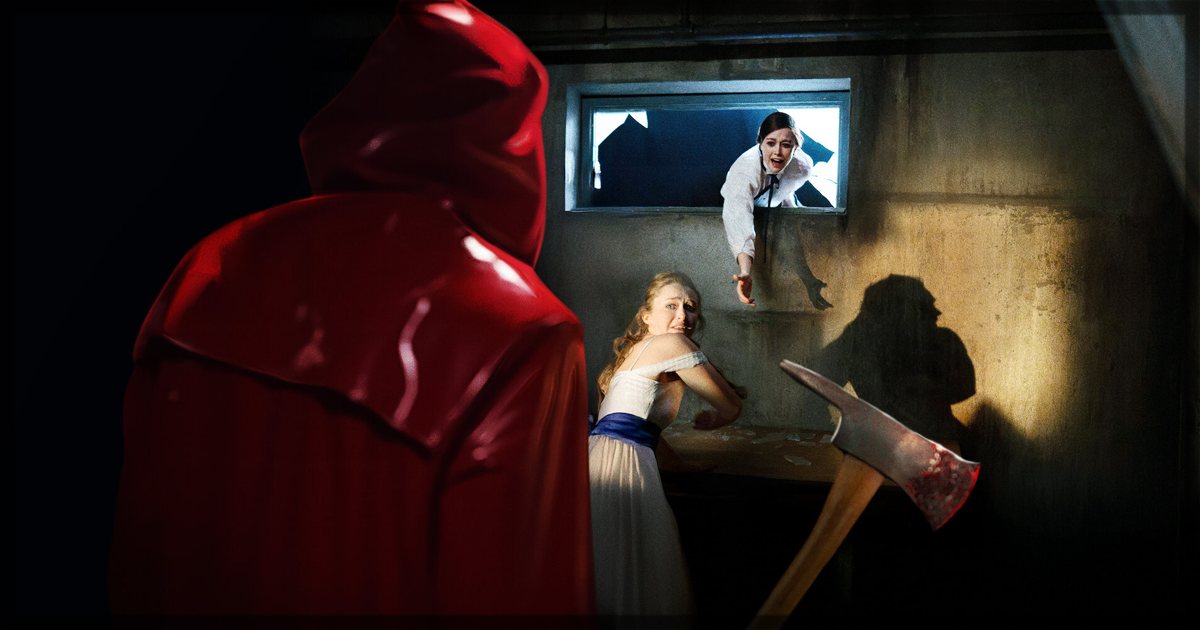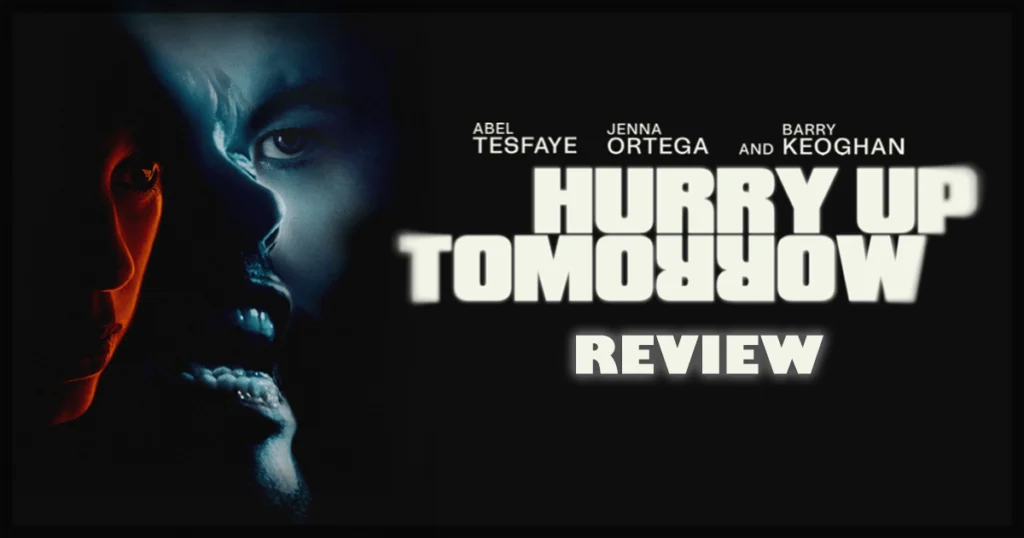I made the mistake of ignoring the release of the Fear Street trilogy in 2021… a blunder I corrected this past week in preparation for the saga’s fourth installment, Prom Queen. It’s essential to highlight just how underrated and overlooked Leigh Janiak’s original three films remain – remarkable examples of narrative cohesion, excellent execution, and meaningful use of practical effects in some of the best commercial horror of the last decade.
Unlike many episodic productions, each of the three movies works as a chapter in the same overarching story, exploring cycles of violence, social inequality, systemic discrimination, and intergenerational trauma with surprising maturity and emotional intensity. The curse of Sarah Fier acts as the connective tissue across eras, communities, and protagonists, while the direction itself demonstrates a deep passion for the genre, paying tribute to ’80s slashers, ’70s rural horror, and XVII-century macabre folklore.
That’s precisely why Fear Street: Prom Queen, directed by Matt Palmer (Calibre) and co-written with Donald McLeary, feels so out of place. This fourth entry doesn’t even attempt to integrate into the established universe, failing to justify its existence as part of the saga. It narrowly fulfills its function as horror entertainment for its target audience – with bloody kills, practical visual effects, and a nostalgic style – but its narrative and thematic disconnect leave a bittersweet impression, like a spin-off wearing the skin of something greater without truly belonging to it.
The story is once again set in Shadyside, but any connections to the events or characters of the previous films are nonexistent, making its inclusion in the Fear Street saga feel purely strategic. The narrative follows Lori Granger (India Fowler), an ambitious student who, caught between family pressures and the desire to be crowned prom queen, finds herself entangled in a series of murders that threaten more than just the perfect night. Beneath the surface of teen rivalries lies the mystery of the killer’s identity – an attempt to emulate a Scream-style structure that ends up being dull in its predictability and lacking in impact.
Technically, there’s some merit to be found. Palmer’s direction features effective moments of tension, and the use of practical effects, old-school props, and a fitting score by The Newton Brothers lend the movie the retro charm that genre fans seek. The murder scenes – sometimes gratuitous but visually creative – are unquestionably the highlight of Fear Street: Prom Queen, delivering on the promise of a bloody slasher. The atmosphere successfully evokes ’80s classics, especially in sequences set in dark hallways, locker rooms, and high school parties.
Fowler (White Lines) delivers a solid performance, but it’s hard to ignore the wasted potential of Ariana Greenblatt (Barbie), a young actress with proven versatility and charisma. Unfortunately, it’s the script that undermines the entire experience. The characters’ motivations are shallow, the central twists far too telegraphed, and the third act drags after what should have been a climactic reveal. Instead, it continues with redundant explanations and a lackluster epilogue. The mystery at the story’s core – once complex and clever in the previous movies – feels so generic here that it only adds to the sense that this film doesn’t belong in the saga.
One of Prom Queen‘s biggest issues lies in its thematic structure. While the original trilogy tackled issues such as class prejudice between Shadyside and Sunnyvale, the marginalization of minorities, sexual repression, and the perpetuation of injustice across generations – all seen through the metaphor of Sarah Fier’s curse – this new chapter opts to explore far more banal themes like parental pressure, teenage popularity, and vanity. Not that these subject matters can’t be interesting, but here they’re treated too simplistically and lack the depth needed to make them meaningful within the context of Fear Street.
The near-total absence of references to the wicked witch or the overarching curse that dominated the original trilogy is particularly baffling. A scrawl on a bathroom wall, a throwaway line from a cop – these are the only remnants of the mythology that once carried the emotional weight of the story. If the film had a different title and changed the towns’ names, there would be nothing to tie it to the established universe. Even considering R.L. Stine’s books – on which the movies are based – lack strong interconnections, the cinematic adaptation had chosen a unifying approach, which makes this sudden change of direction hard to accept.
It’s a shame because the Fear Street universe has real potential to evolve in a way similar to Scream, where different horror stories with unique aesthetics could coexist within a central mythology. With creativity and cohesion, it would be possible to keep exploring Shadyside’s dark corners, perhaps revisiting other historical figures linked to the curse or even expanding its influence across new generations. Unfortunately, Prom Queen has no such ambition.
Final Thoughts on Fear Street: Prom Queen
Fear Street: Prom Queen is a dispensable entry in a saga that deserves more attention and care. Though it checks the technical boxes and delivers the bare minimum for nostalgic slasher fans, it completely fails at what made the original trilogy such a surprising success: deep characters, a cohesive story, and emotionally weighty themes. With a generic script, forced connections, and a frustrating conclusion, Matt Palmer’s film ends up as more of a forgettable footnote than a worthy new chapter in the legacy of Sarah Fier.
Rating: C
Fear Street: Prom Queen is now playing on Netflix.
Learn more about the film, including how to buy tickets, at the official website for the title.


